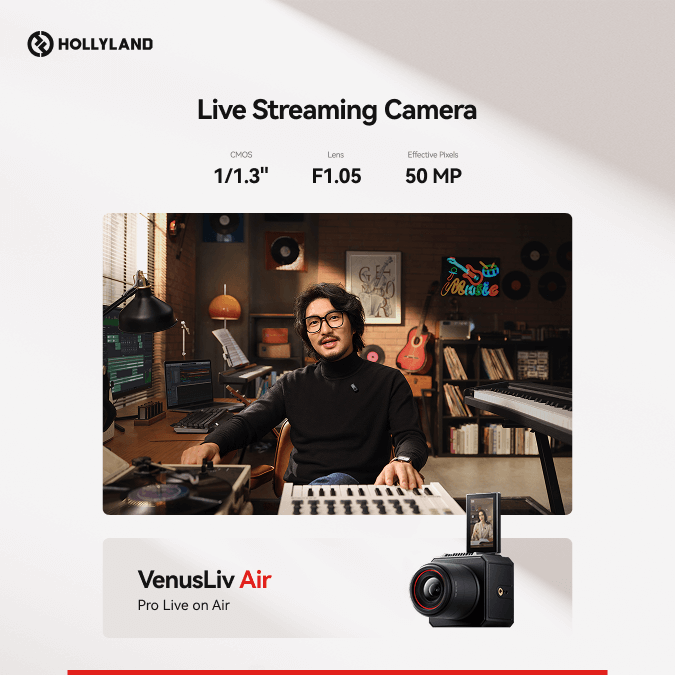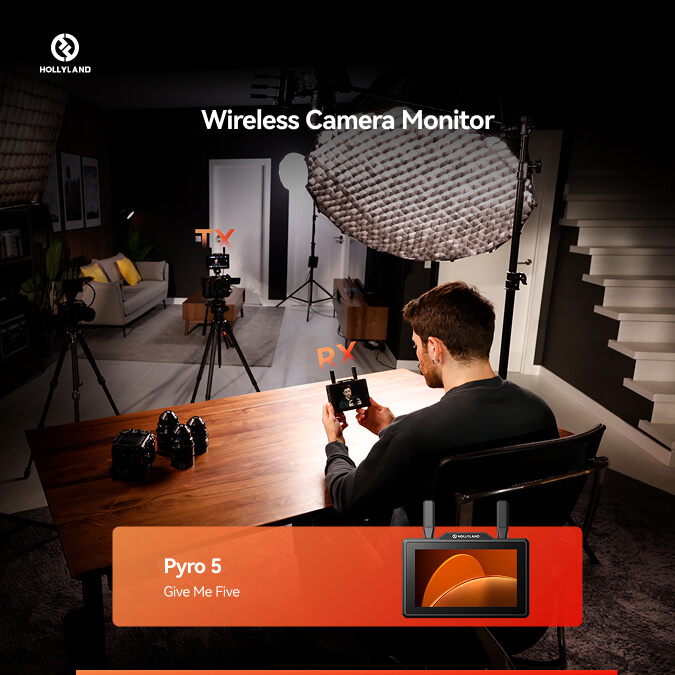So you’re someone who wants to buy a film camera but is stuck on the terms like “mechanical” and “electronic” cameras. You are unsure which way to go and you don’t want to make any mistakes; you don’t want to regret your decision once you have spent the money.
Fear not, because today we’re gonna break it down! We’re gonna describe the two types of cameras, mechanical and electronic so you can decide if you should choose new-age technology or gears and levers.
Mechanical Vs. Electronic: Understanding The Terms
Let’s begin with understanding these cameras’ definitions first.
Mechanical cameras as their name implies perform using mechanics or without a battery or a power source. Their shutter functions with the power of your thumb and not any electronics. Every gear and lever moves in these cameras with the power of a human’s hand.
When it comes to electronic cameras, their shutter needs the power of a battery. However, many of these cameras are hybrid which means they can be operated using a battery and human power as well.
If you buy a fully electronic camera, it needs a battery at all times; the moment the battery is out of charge, you can’t click any pictures.
Let’s now uncover both mechanical and electronic film cameras in detail.
Why Are Electronic Cameras Better?
Fewer Things To Worry About
Since electronic cameras do not rely on manual actions, they have fewer parts than mechanical ones. It means that electronic cameras are also less complex and you don’t have to worry about their parts wearing out or getting misplaced or suddenly not moving.
With fewer pieces to worry about, you also don’t have to run to the repair shop frequently or have a PhD in understanding your camera in and out.
The parts used in electronic cameras usually remain solid and are durable, serving you for years without any issues.
More Accurate Shutter Timing
Mechanical cameras have moving parts that wear out as time goes by. This applies to its shutter timing as well which acts out as per the lubrication and temperature.
An electronic camera consists of solid parts which means that it’s more likely to deliver the exact shutter timing even after years. A mechanical camera on the other hand will ask for a service before it gives you accurate shutter timing.
Flexible Exposures
With a mechanical camera in your hand, you can only use the shutter speeds that are pre-defined such as 1/500, 1/250, 1/125, and 1/60. This is not the case with an electronic camera, especially if it comprises an automatic exposure setting. Such electronic cameras give you the benefit of varied speed settings.
Electronic cameras hence can provide exposure in a way that a mechanical camera isn’t simply capable of!
Faster Sync Speeds
Most of the mechanical cameras provide a shutter speed of 1/1000 sec. But with an electronic camera, you can achieve up to a speed of 1/4000 or even 1/8000 sec if you purchase a high-end device camera.
The sync speeds remain around 1/125 sec to 1/250 in electronic cameras which ends up around 1/60 sec in the mechanical ones.
Much Better Price Points
Without a doubt, electronic cameras are much more pocket-friendly unless you’re going crazily for an ultra-premium piece. With these cameras available in the market, they’re affordable for almost every photography geek.
On the other hand, buying a mechanical camera might charge you twice the price you pay for an electronic camera.
Electronic cameras you can consider:
- Canon EOS R100
- Canon EOS Rebel SL3
- Olympus OM-D E-M10 Mark I
- Sony ZV-E10 for
- Nikon Z fc
When Should You Opt For Mechanical Cameras?
Surely, electronic cameras have many reasons to be chosen, mechanical cameras have their own charm to be loved. Mechanical cameras come from an olden time or at least decades ago which gives them a vintage look and feel.
The joy of experiencing a mechanical camera is next to none, certainly not equal to using an electronic camera.
Mechanical cameras you can consider:
- Nikon F2
- Leicaflex SL2
- Pentax Spotmatic
- Minolta SRT-102/303
- Olympus OM-1
So Which One Do You Need?
Well, it depends!
If you don’t want to deal with all the complexities of a mechanical camera’s gears and everything, go opt for an electronic one. You can go for a hybrid camera to have a feel of both an electronic and mechanical camera, or you can go for a fully-fledged electronic.
It also depends on your budget, and whether or not you want to rely on a camera that runs on a battery.
But if you’re someone who wants to hold a vintage camera, hear all those clicks of gears, and don’t want to rely on a battery, then treat yourself to a mechanical one!
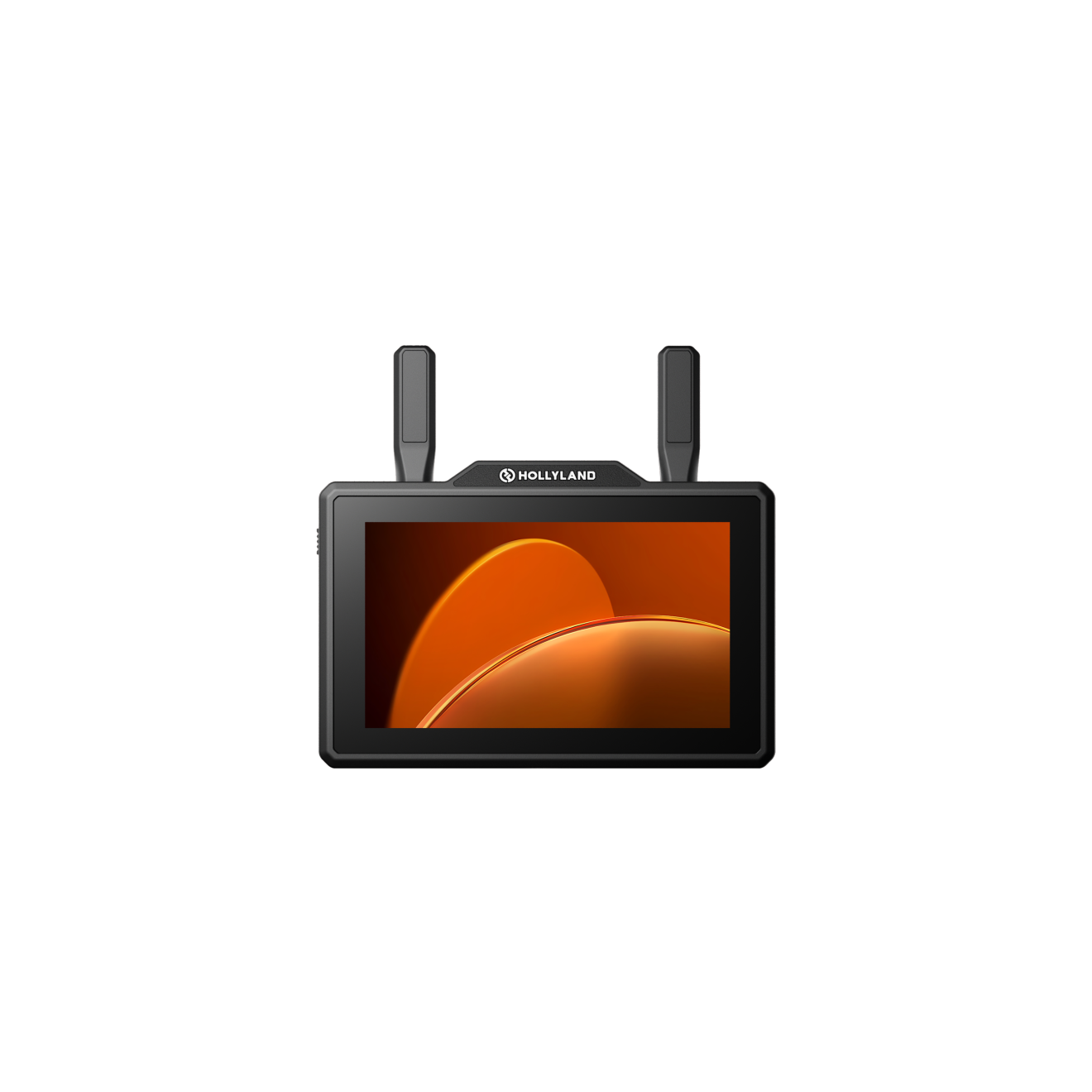
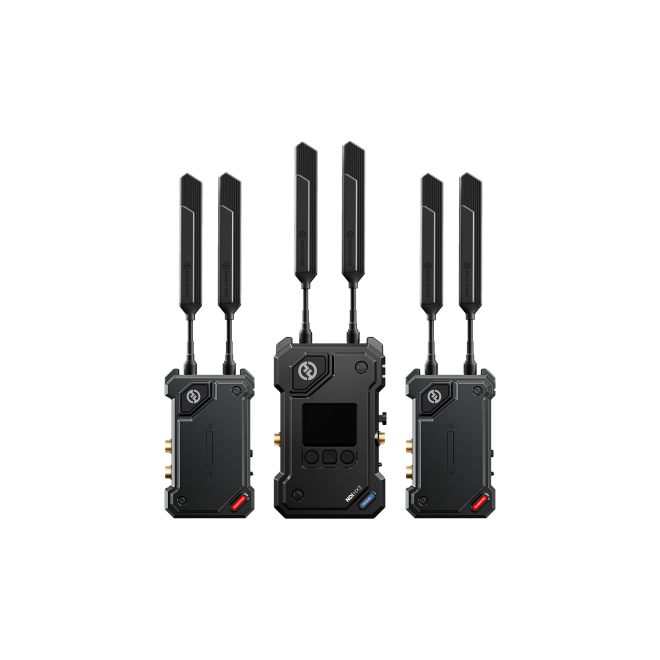
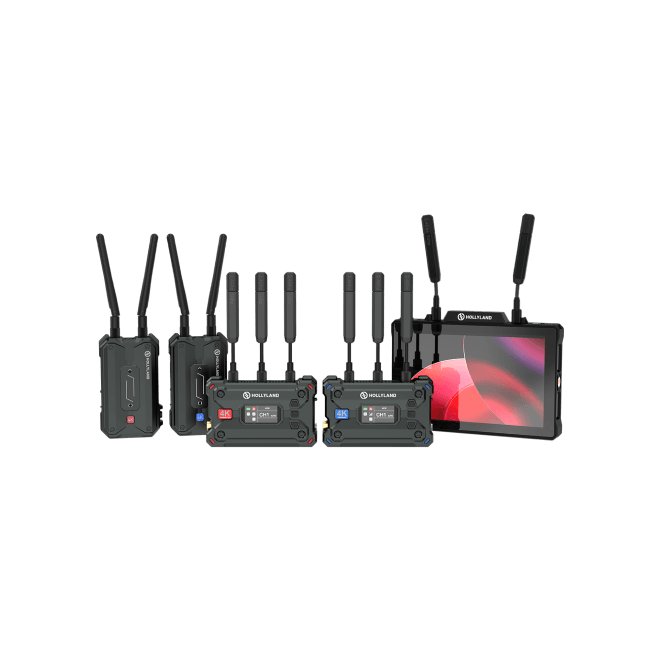
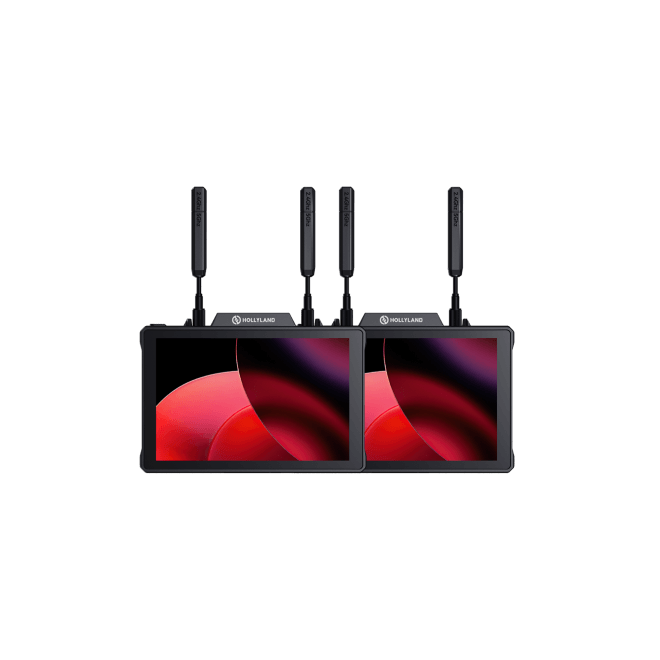
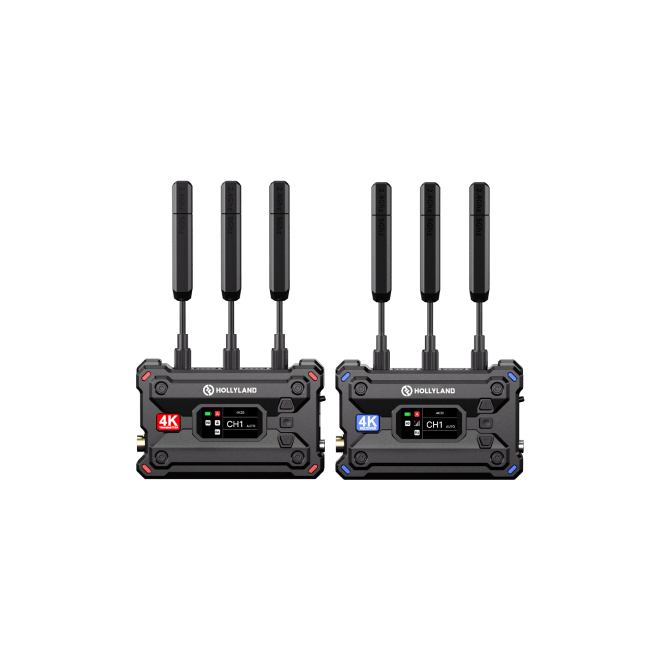
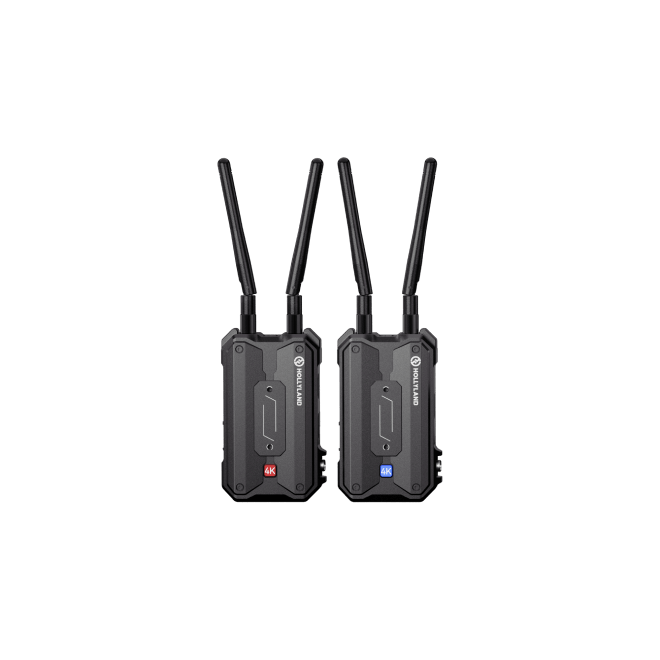
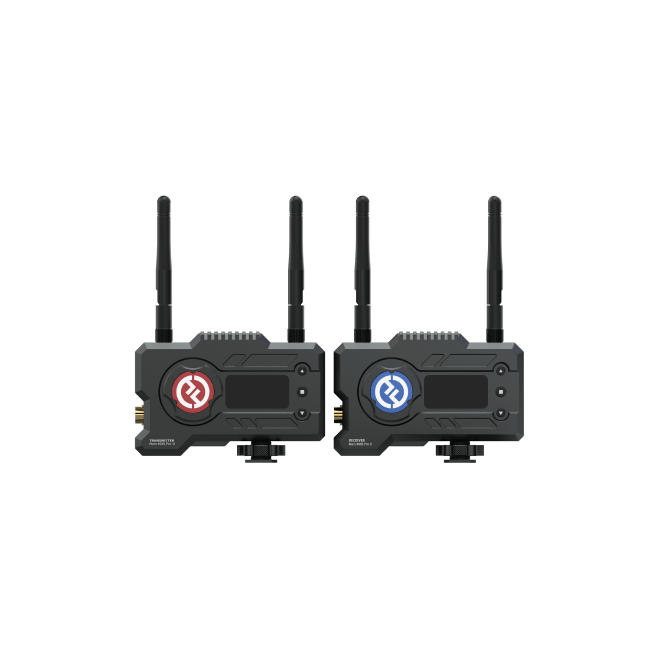
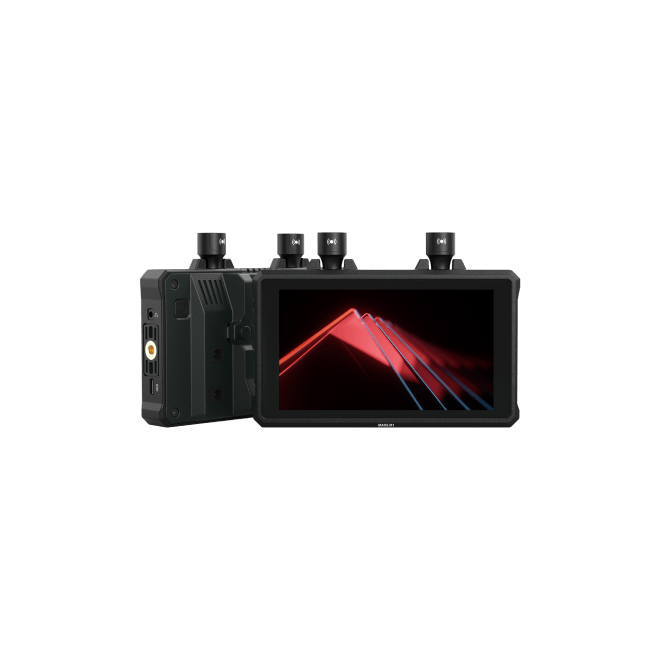
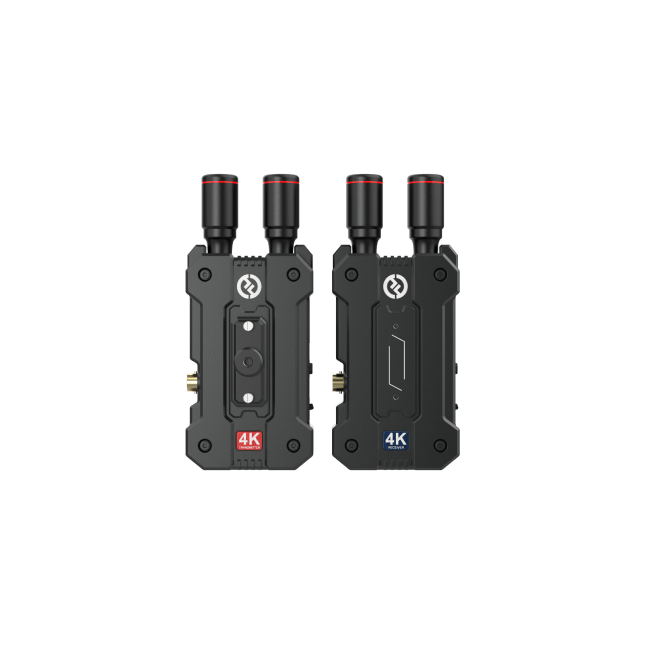
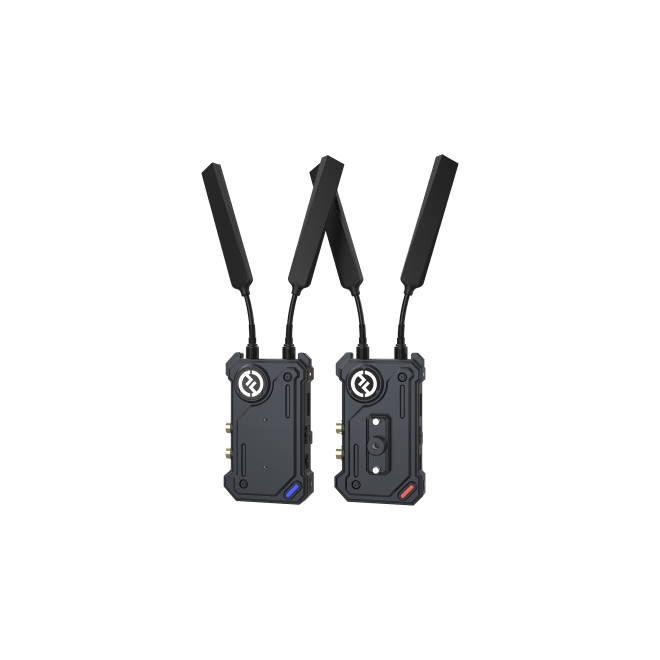
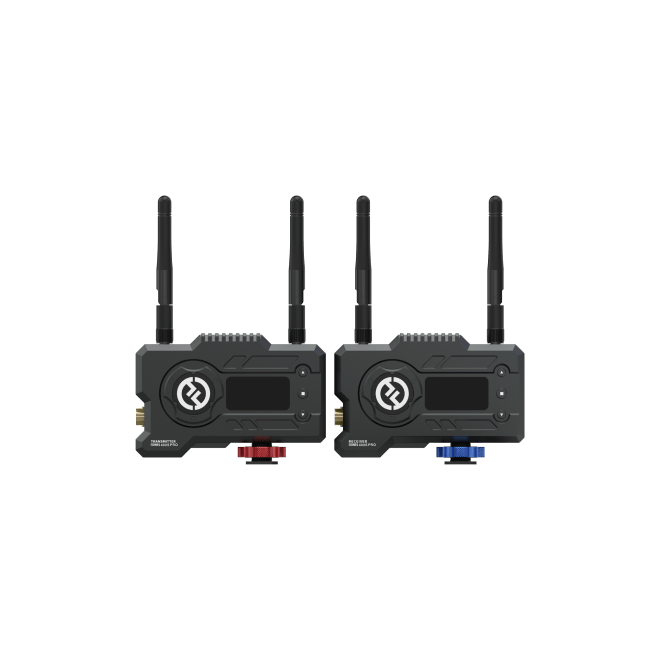
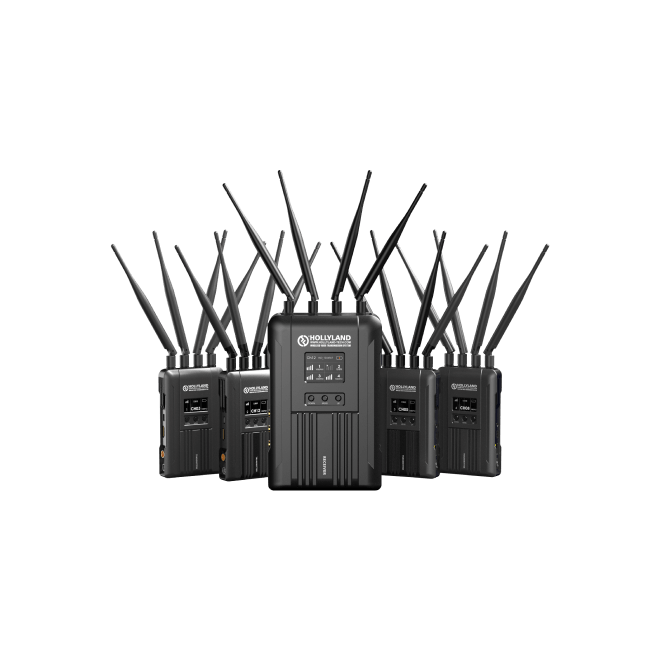
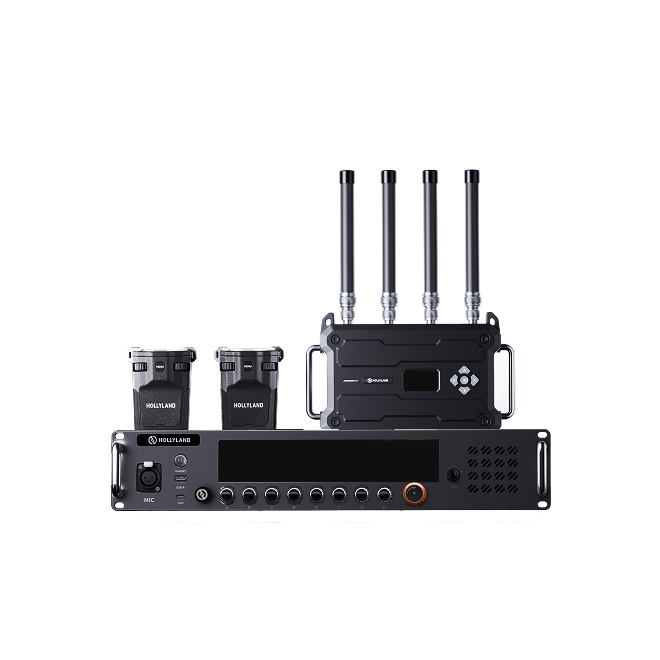

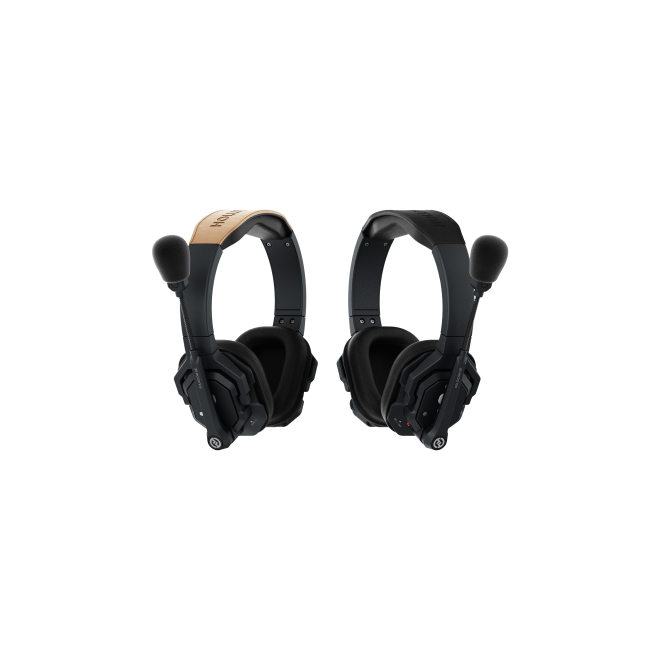

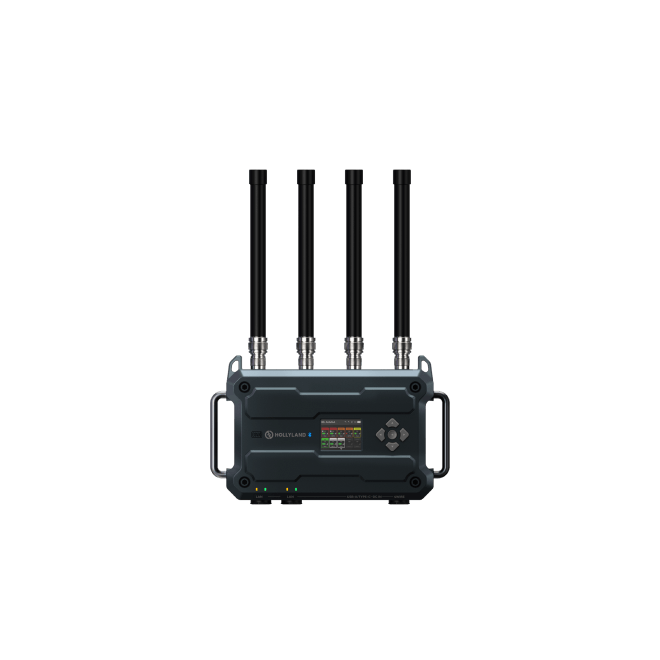
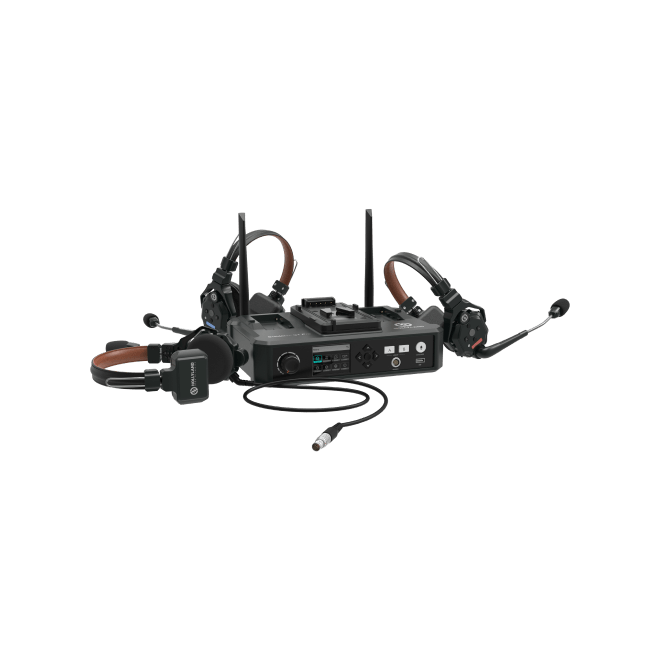
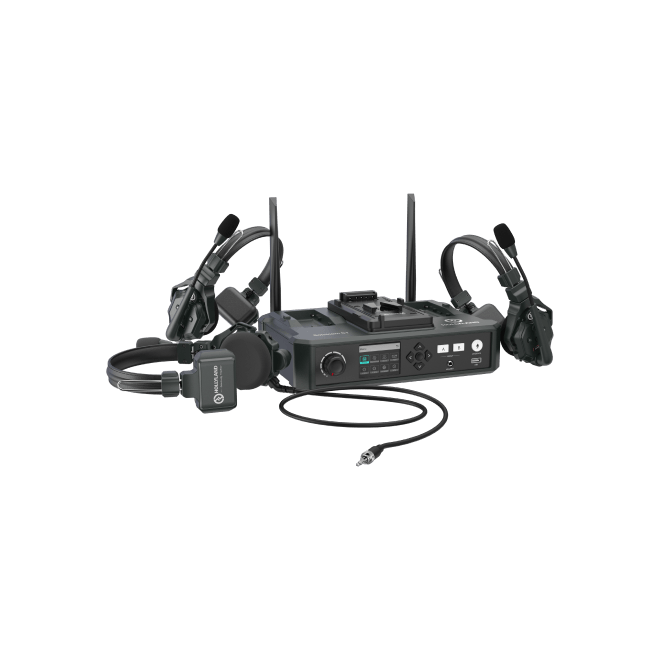
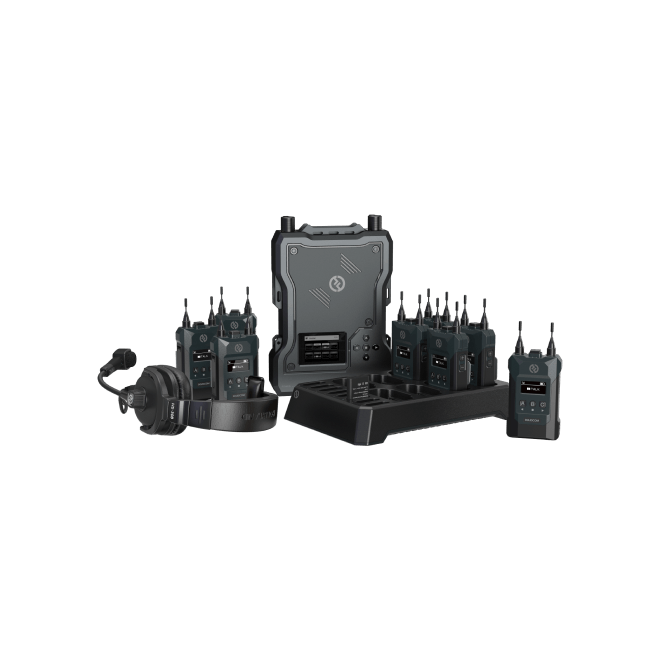
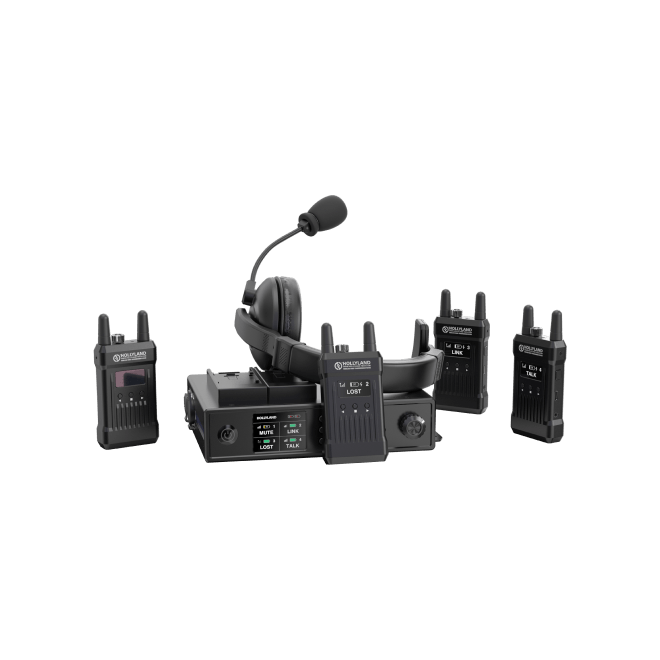
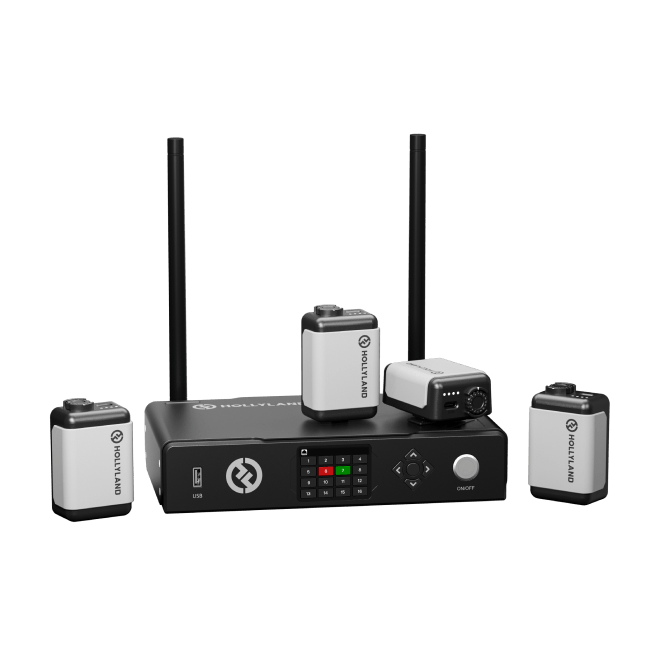
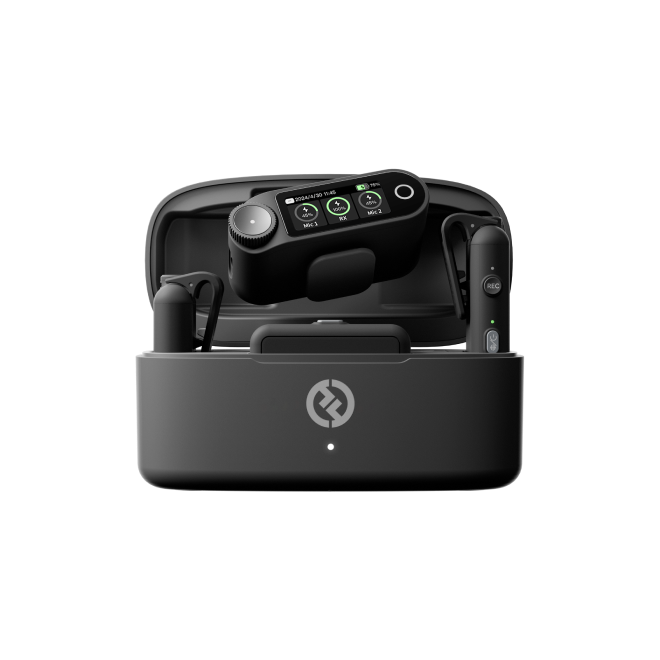
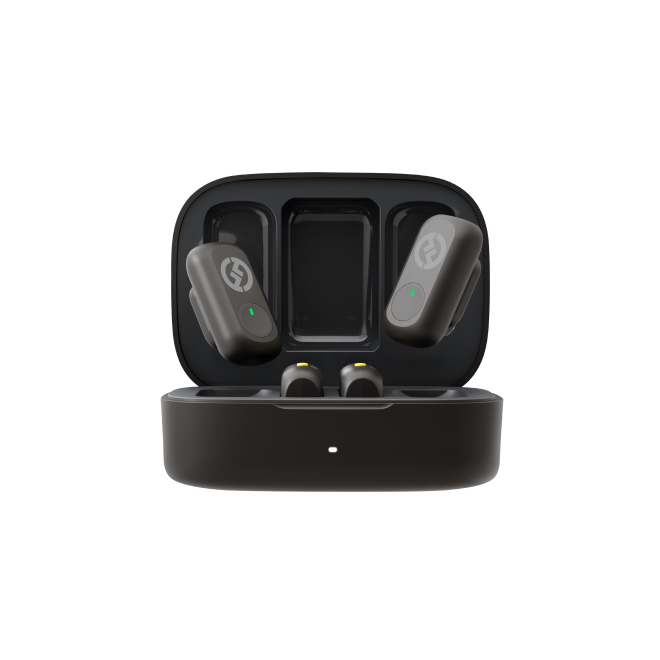

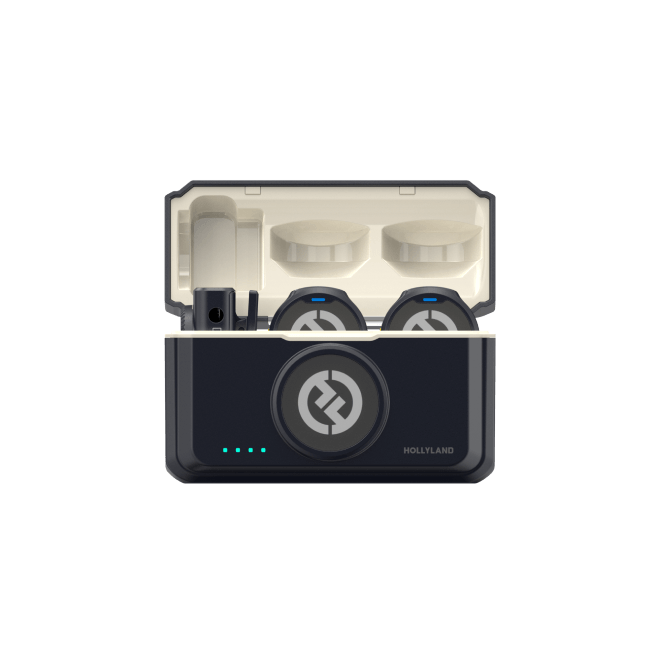
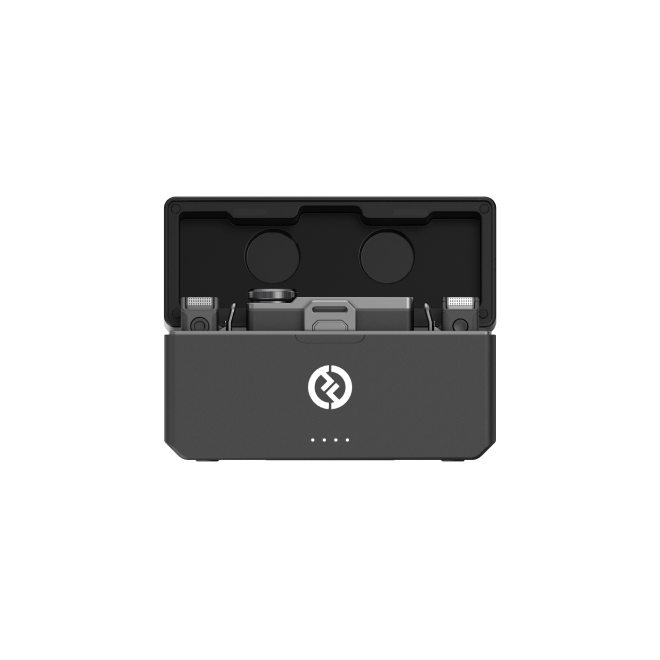
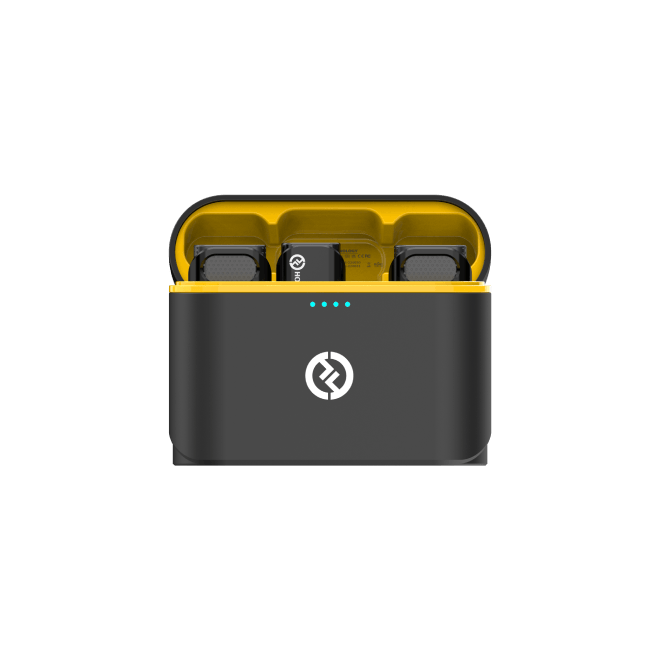
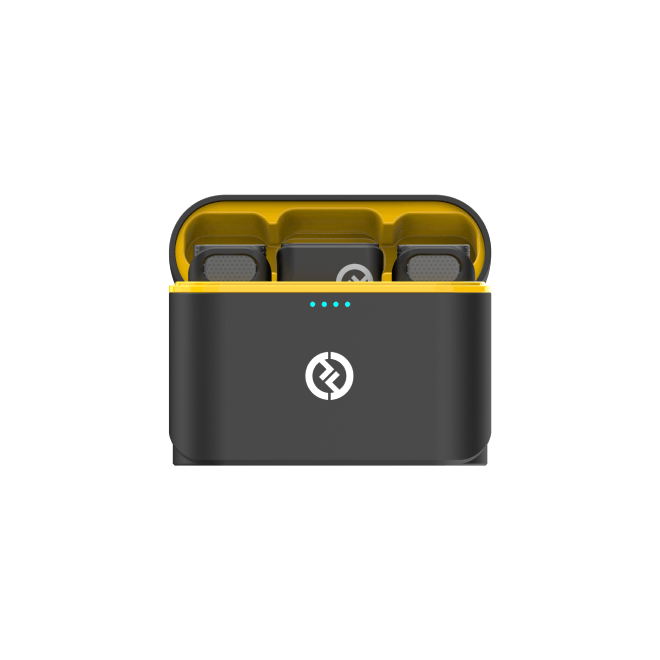
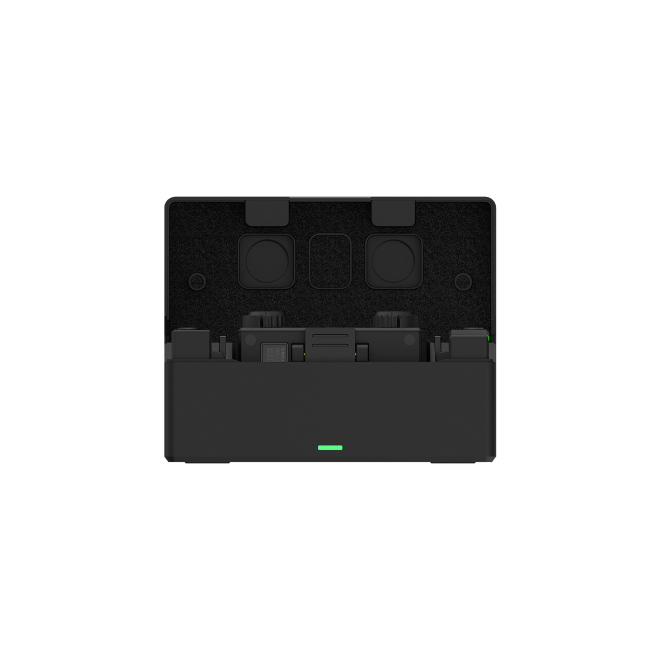

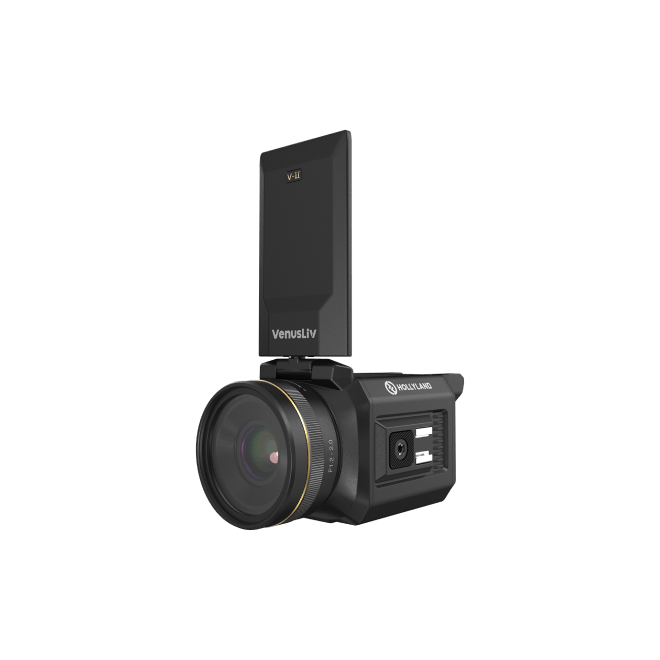
.png)


